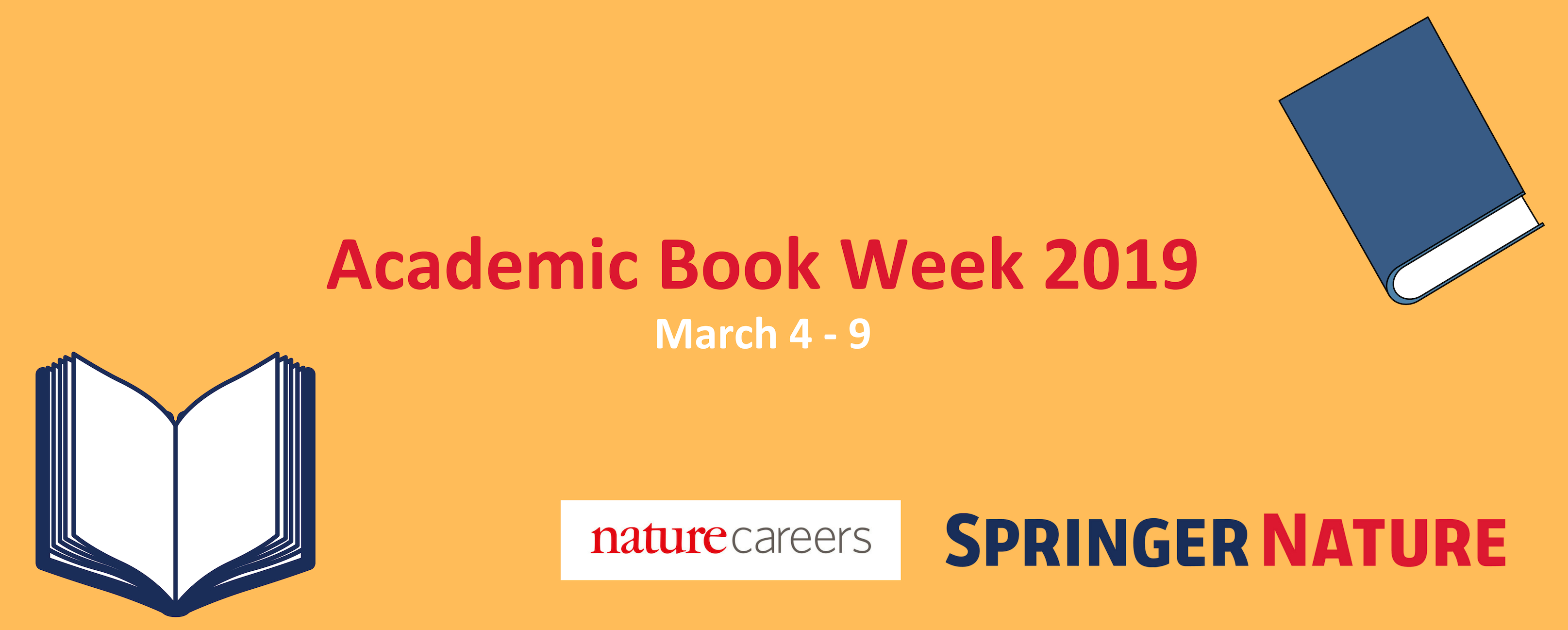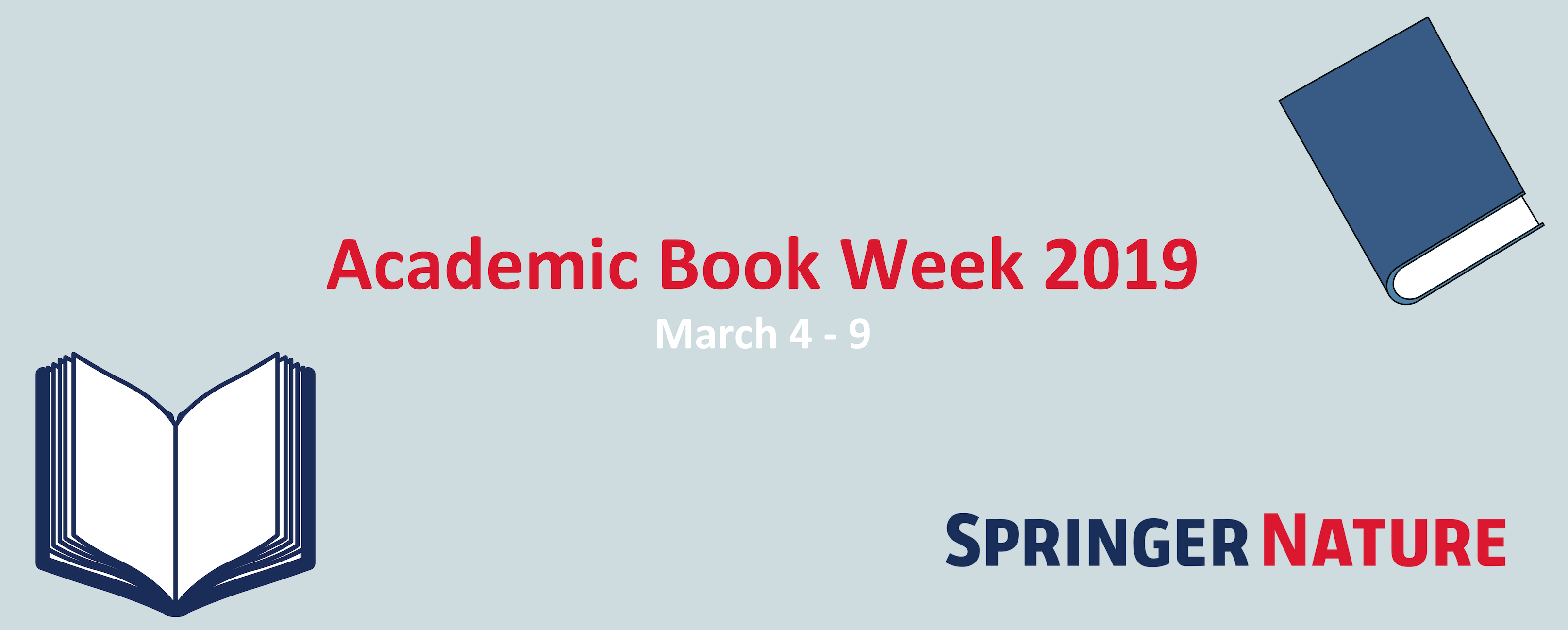Getting started on an academic book: five questions to ask
Academic Book Week (#AcBookWeek) is a week-long celebration of the diversity, variety and influence of academic books throughout history run by the Booksellers Association, returning for a fourth year from 4-9 March 2019. This week on The Source, we are recognizing the important role of academic books, including how they engage critical audiences such as the media and policy-makers, as well as reflecting on their evolution and what the future might hold for this research format. This article was originally posted on the Nature Jobs blog. Turning your academic book ‘idea’ into a solid concept can be done, says Jessica … Read more…



